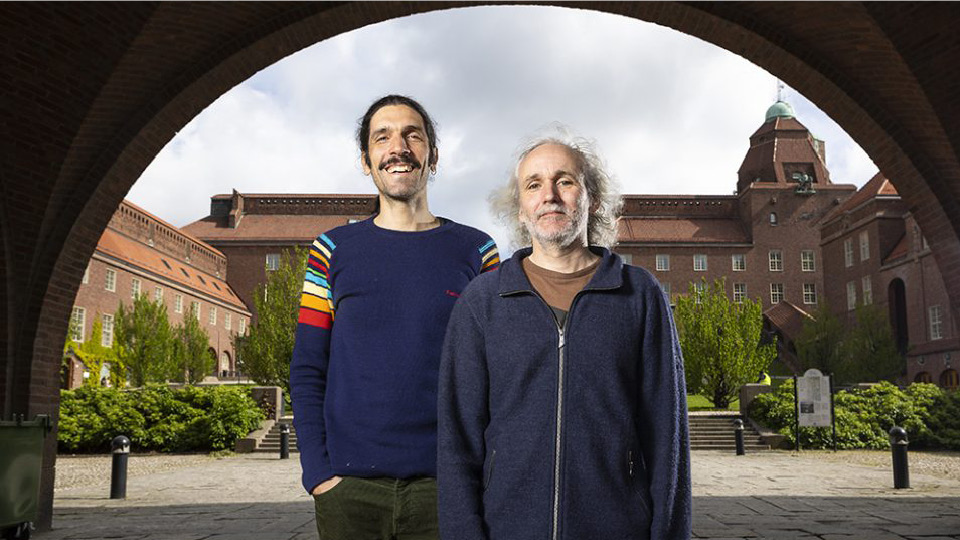Taking Humour Seriously in Graduate Training

For nearly two decades, Benoit Baudry (Université de Montréal) and Martin Monperrus (KTH Royal Institute of Technology) have supervised master’s and PhD students. Along the way, they’ve drawn a perhaps surprising conclusion: humour is not a distraction from science – it’s an essential tool for graduate training.
Why humour matters in academia
Research over four decades shows that humour can support learning, reduce stress, and foster better classroom environments. Baudry and Monperrus argue that humour also helps students handle the pressure of academic life, boosts creativity, and strengthens collaboration in diverse, international teams.
Humour in practice

The researchers illustrate this with a wide range of examples. When their students collaborated on a paper about generative AI and “funny data,” the project not only led to publication but also helped students connect across cultures in a playful way. In another case, they turn the dreaded peer-review process into something less intimidating by joking about the mythical “Reviewer 2” – the critic who always finds something wrong – teaching students to see feedback with perspective.
Sometimes humour is used to break the monotony of repetitive academic work. A tongue-in-cheek LaTeX plugin that skips the unlucky number 13 in reference lists may sound trivial, but it turned tedious formatting into a shared laugh. And self-mockery plays an important role too: by exaggerating the supposed “groundbreaking” nature of their own papers, the supervisors remind students that most research is incremental – a valuable lesson in humility. Beyond the in-jokes, they also use humour that transcends disciplines and cultures, such as the well-known internet prank “rickrolling,” which has become a playful, inclusive tradition in their lab.
The deeper impact
According to Baudry and Monperrus, humour helps train scientists who are collaborative, humble, and resilient. It keeps curiosity alive amid repetitive routines and offers emotional support in a high-pressure environment. Importantly, they stress that humour must always be inclusive and never at someone’s expense.
A call to action
Their message to fellow supervisors is clear: humour should be taken seriously as part of the training toolbox. It builds stronger teams, more open research cultures, and, ultimately, better science. Curious? Read the paper:
